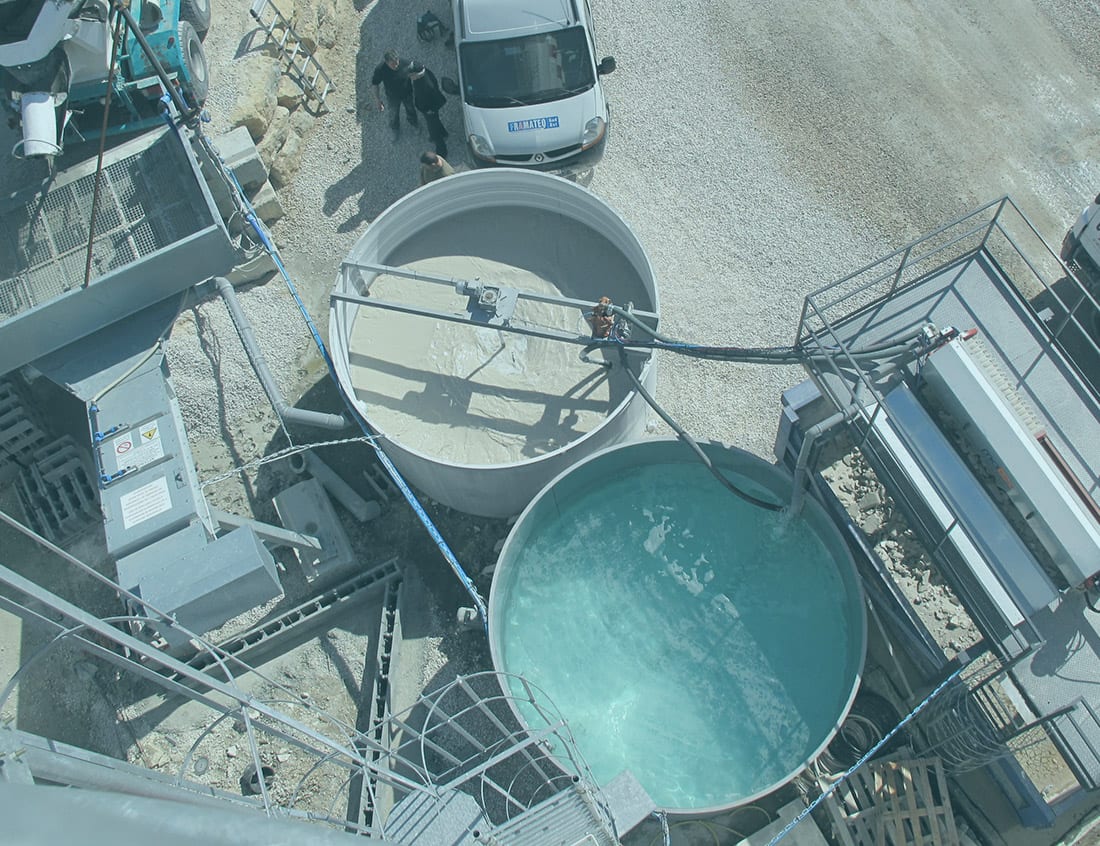What Kind Of Systems Can Be Used To Dewater My Wastewater?
There are many different systems that can be used to dewater wastewater. The most common systems are:
- Filter presses: Filter presses use a series of plates and frames to squeeze water out of a sludge slurry. This is a very effective method of dewatering, but it can be slow and expensive.
- Centrifuges: Centrifuges use centrifugal force to spin sludge at high speeds, which separates the water from the solids. This is a faster and more efficient method of dewatering than filter presses, but it can be more expensive.
- Belt presses: Belt presses use a moving belt to squeeze water out of a sludge slurry. This is a less expensive method of dewatering than filter presses or centrifuges, but it is not as effective.
The best system for dewatering your wastewater will depend on the type of sludge you have, the amount of water you need to remove, and your budget.
Here are some additional details about each type of system:
- Filter presses: Filter presses are the most common type of dewatering system for wastewater. They are effective at removing water from a wide variety of sludges, and they can be used to produce a high-solids cake that is easy to handle and dispose of. However, filter presses can be slow and expensive to operate.
- Centrifuges: Centrifuges are a faster and more efficient method of dewatering wastewater than filter presses. They can be used to remove water from a wide variety of sludges, and they can produce a high-solids cake in a shorter amount of time than filter presses. However, centrifuges can be more expensive to purchase and operate than filter presses.
- Belt presses: Belt presses are a less expensive method of dewatering wastewater than filter presses or centrifuges. They are not as effective at removing water as filter presses or centrifuges, but they can be used to produce a high-solids cake that is easy to handle and dispose of. Belt presses are a good option for small wastewater treatment plants or for dewatering sludges that are not very thick.
If you are unsure which type of dewatering system is right for you, you should consult with a wastewater treatment specialist. They can help you choose the system that will meet your needs and budget.
Filter presses
Filter presses are the most common type of dewatering system for wastewater. They consist of a series of plates and frames that are held together by a frame. The sludge is pumped into the press and is spread evenly between the plates. The plates are then squeezed together, which forces the water out of the sludge. The water is collected in a sump at the bottom of the press. The sludge cake that is produced is a high-solids material that can be easily handled and disposed of.
Filter presses are effective at removing water from a wide variety of sludges, including primary sludge, secondary sludge, and digested sludge. They can be used to produce a high-solids cake that is up to 90% solids. Filter presses are also relatively easy to operate and maintain.
However, filter presses can be slow and expensive to operate. They can take several hours to dewater a batch of sludge. Additionally, filter presses can be expensive to purchase and install.
Centrifuges
Centrifuges are a faster and more efficient method of dewatering wastewater than filter presses. They work by spinning sludge at high speeds, which separates the water from the solids. The water is forced to the outside of the centrifuge, where it is collected in a sump. The sludge cake that is produced is a high-solids material that can be easily handled and disposed of.
Centrifuges can be used to remove water from a wide variety of sludges, including primary sludge, secondary sludge, and digested sludge. They can be used to produce a high-solids cake that is up to 95% solids. Centrifuges are also relatively easy to operate and maintain.
However, centrifuges can be more expensive to purchase and install than filter presses. Additionally, centrifuges can be more expensive to operate, especially if they are used to dewater large volumes of sludge.
Belt presses
Belt presses are a less expensive method of dewatering wastewater than filter presses or centrifuges. They work by passing sludge through a series of rollers. The rollers squeeze the water out of the sludge, leaving behind a high-solids cake.
Belt presses are not as effective at removing water as filter presses or centrifuges, but they can be used to produce a high-solids cake that is easy to handle and dispose of. Belt presses are a good option for small wastewater treatment plants or for dewatering sludges that are not very thick.
Belt presses are relatively easy to operate and maintain. They are also less expensive to purchase and install than filter presses or centrifuges.
The best system for dewatering your wastewater will depend on the type of sludge you have, the amount of water you need to remove, and your budget. If you are unsure which type of dewatering system is right for you, you should consult with a wastewater treatment specialist. They can help you choose the system that will meet your needs and budget.
Here are some additional factors to consider when choosing a dewatering system for wastewater:
- The volume of sludge: If you have a large volume of sludge to dewater, you will need a system that can handle the volume.
- The type of sludge: Some sludges are more difficult to dewater than others. You will need to choose a system that can effectively dewater the type of sludge you have.
- The cost: Dewatering systems can vary in price. You will need to choose a system that fits your budget.
Once you have considered all of these factors, you can choose the dewatering system that is right for you.

